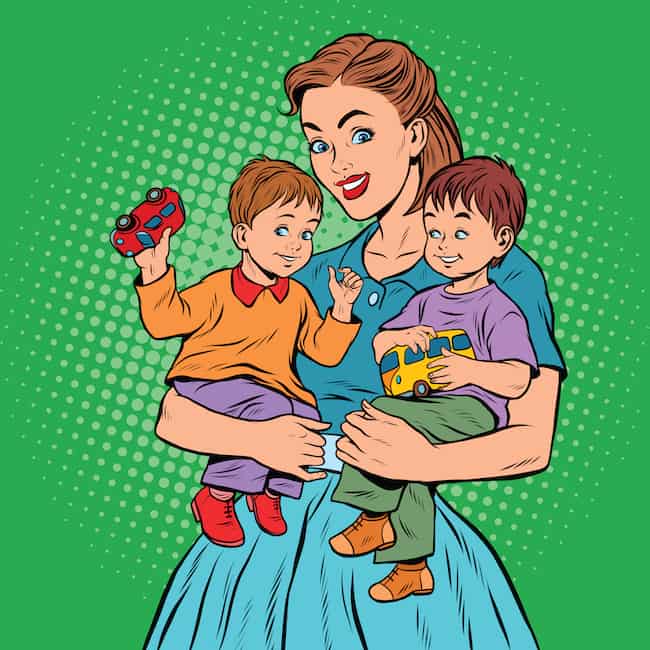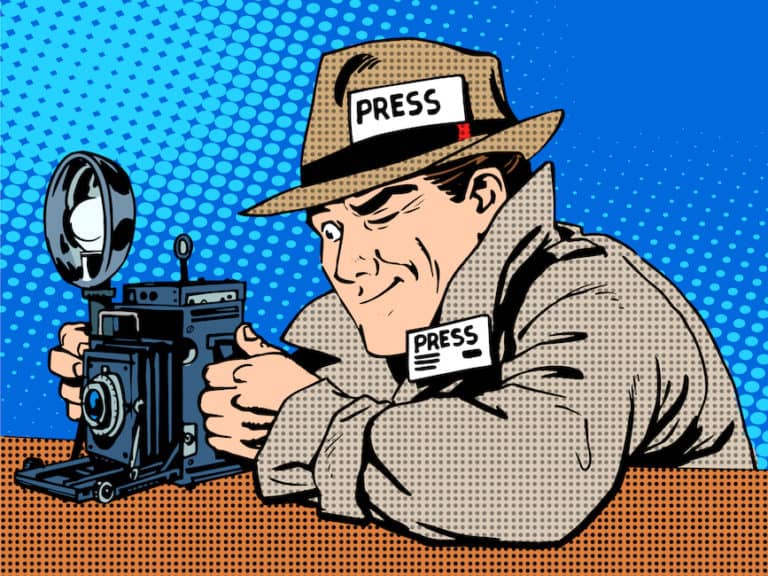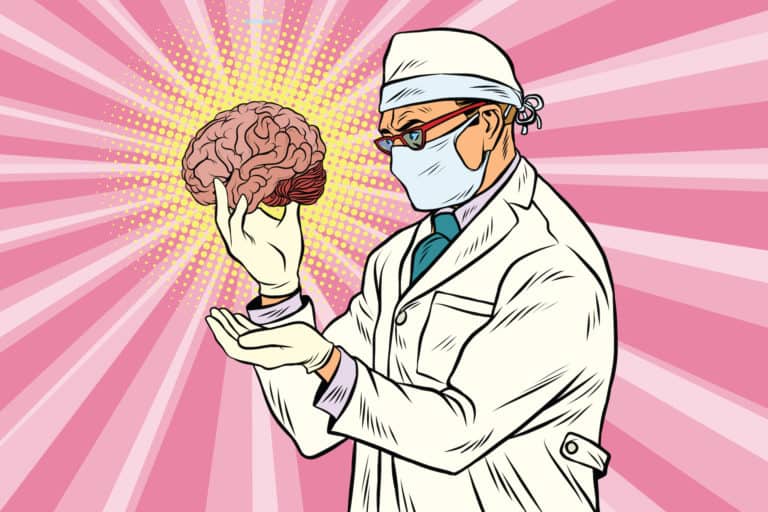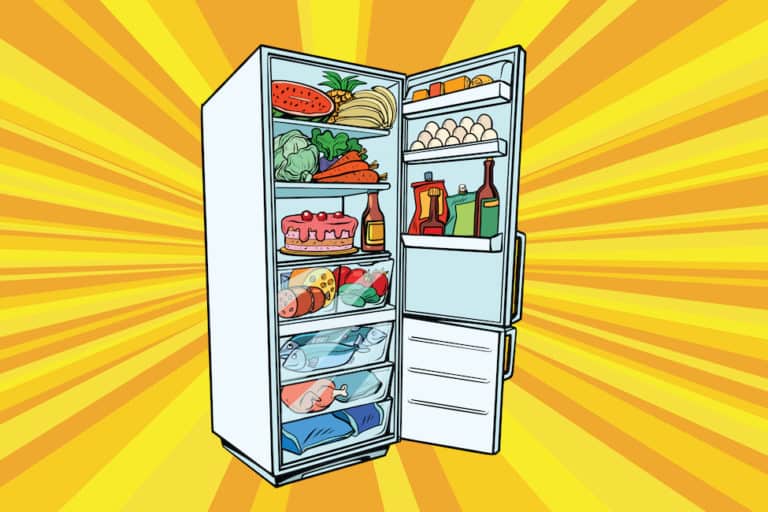If your child has recently been diagnosed with ADHD, you may feel various emotions – from confusion and fear to relief and hope. It is natural to have questions about ADHD and what it means for your child. This post will introduce ADHD, including the fundamentals of diagnosis and therapy.
What exactly does this mean?
Attention deficit hyperactivity disorder (ADHD) is a neurological condition characterised by attention, hyperactivity, and impulsivity difficulties. It’s estimated that between 2% and 5% of school-aged children have ADHD.
Despite these challenges, people with ADHD still have talents in other areas. Your child can get help to manage ADHD and build on their strengths.
ADHD is often first diagnosed in childhood, although it can also be diagnosed in adulthood. ADHD can run in families, so if you or your partner have ADHD, your child is more likely to have it too.
What happens next?
A diagnosis of ADHD can assist your youngster, family, and you in obtaining the assistance you need. This may include assistance with areas of difficulty as well as help in school, and it can also include medication. Your child will be under the care of a specialist service and will be regularly reviewed.
What if I have more questions?
You can find out more at your first appointment with the CAMHS ADHD team. Your child’s school’s SENCO (Special Educational Needs Coordinator) may also be able to answer questions and will be able to arrange for ADHD-specific support in school if necessary.
Many helpful books and websites can provide more information about ADHD, such as ADDitude (additudemag.com) and The ADHD Foundation (adhdfoundation.org.uk). ADHD support groups can also be a valuable source of information and peer support – your ADHD specialist team can tell you about local groups.
Information for children with ADHD
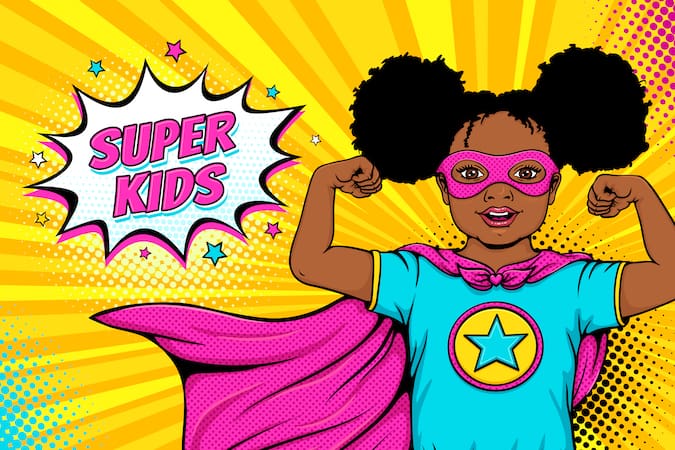
What is ADHD?
ADHD stands for Attention Deficit Hyperactivity Disorder. Lots of people have ADHD in the world.
ADHD is not a disease; it does not mean you are sick. It is something that people have all their lives, but it can be easier to manage if you learn how to deal with it.
Everyone who has ADHD is unique. People with ADHD have a lot of challenges, like difficulty concentrating, listening, and staying still. But they also have a lot of good qualities or strengths.
What does this mean for me?
Knowing you have ADHD allows others to understand what you want and where your abilities lie. You may also be able to get more assistance with schoolwork or at home.
What happens next?
The ADHD team at CAMHS includes doctors and nurses. These people will help you find ways to manage your ADHD. They can help in any areas that are difficult for you.
If you need any further assistance understanding how you’re feeling or dealing with issues, you may meet others in the future. They could be at school or other places.
How can I get help?
You should tell an adult you trust if you feel unsafe or find something too difficult.
No problem is too big or too small to manage. You can tell someone in your family or school if you have a problem. That person can help you get the right help.
Your ADHD brain is like a butterfly
You have an incredible brain! Your ADHD brain is like a butterfly. It is always flapping its wings and moving around. ADHD brains have lots of energy and are very good at thinking of new ideas.
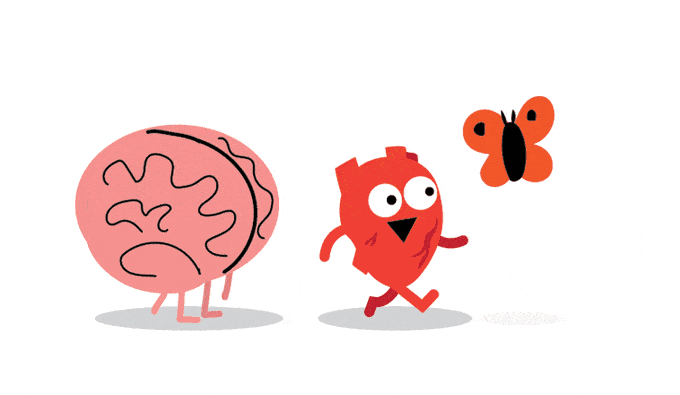
Your brain is curious and wants to learn new things all the time. With the right help and by learning new skills, you can use your ADHD brain to achieve great things!
Your ADHD brain is always growing and changing. As you get older, you will learn how to use your ADHD brain in many different ways. You will be able to do things that other people find difficult, like multi-tasking or thinking creatively.
The trouble is that you find it hard to remain in one spot. You like to flit about. As a result, you may get lost or overlook the instructions you’ve been given.
Butterflies are also very sensitive to their environment. They can be easily distracted by things that are going on around them. This is why people with ADHD often find it hard to concentrate on one thing for very long.
But don’t worry. You will have help to make all the wonderful discoveries you are capable of.
It’s not always easy living with an ADHD brain. Some strategies can help you use your ADHD brain’s strengths to overcome its challenges. With the right support, you can achieve anything you want!
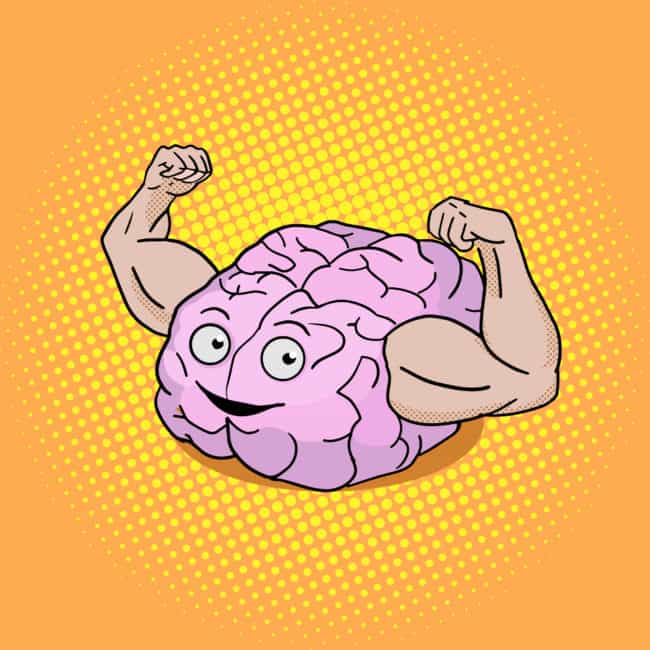
What is neurodiversity?
Neurodiversity is a term that refers to variations in the brain. This implies some learning and thinking differences, but they are natural.
Diversity and difference represent power and resilience. Celebrate diversity, encourage strength, and help people grow from their challenges.
Neurodiversity refers to the 1 in 20 people who have any of the following:
- Dyslexia
- Dyscalculia
- Autism
- Tourette’s Syndrome
- ADHD
- Dyspraxia
- Dysgraphia
1 in 5 people are Neurodiverse; thus, this must have been a feature of human evolution. This implies that Neurodiversity is not a genetic mistake. Instead, it is part of our growing knowledge of the variety of minds, intelligence, talents, and differences that make up humanity.
Celebrate your brain’s special qualities and the success of others – help raise awareness for Neurodiversity. You could ask your school or workplace to participate in the next Neurodiversity Celebration Week!
Boost self-esteem – embrace the special interests and successes of young people with neurological differences; this can help boost feelings of self-worth and avoid not fitting in.
Recognise mental health issues – if you spot any signs of emotional or mental distress, such as persistent sadness or irritability, it’s possible that expert assistance is required or that they simply need a caring, secure environment.
Books can help you understand ADHD
If you want to know more about ADHD, some great books can help you understand it better. Here are a few of our favourites:
Books about ADHD for children:
This Morning Sam Went to Mars: A book about paying attention – by Nancy Carlson.
Buy it: https://amzn.to/3Acj2vy
Joey Pigza Swallowed The Key – Written by Jack Gantos, illustrated by David Tazzyman
Buy it: https://amzn.to/3bKpHn2
ADHD Is Our Superpower: The Amazing Talents and Skills of Children with ADHD – by Soli Lazarus
Buy it: https://amzn.to/3JKWvsX
Attention, Girls!: A Guide to Learn All About Your AD/HD – by Patricia O Quinn MD
Buy it: https://amzn.to/3zNE95H
Mrs. Gorski, I Think I Have the Wiggle Fidgets (The Adventures of Everyday Geniuses) – by Barbara Esham
Buy it: https://amzn.to/3AaCDMl
The Survival Guide for Kids with ADHD (Survival Guides for Kids) – by John F Taylor
Buy it: https://amzn.to/3QBTIoa
The Spectrum Girl’s Survival Guide: How to Grow Up Awesome and Autistic – by Siena Castellon
Buy it: https://amzn.to/3whtI9V
I Can Be Who I Want to Be: Even though I have ADHD – by Robert Gregory
Buy it: https://amzn.to/3vSy07c
Books about ADHD for parents
The Explosive Child: A New Approach for Understanding and Parenting Easily Frustrated, Chronically Inflexible Children – by Ross W Greene PhD
Buy it: https://amzn.to/3QvbsRW
A Beginner’s Guide on Parenting Children with ADHD – by Vivian Foster
Buy it: https://amzn.to/3SAF8z3
Focused: ADHD & ADD Parenting Strategies for Children with Attention Deficit Disorder – by Blythe Grossberg
Buy it: https://amzn.to/3BVIRBi
Overcoming Oppositional Defiant Disorder: A Two-Part Treatment Plan to Help Parents and Kids Work Together – by Gina Atencio-MacLean
Buy it: https://amzn.to/3pbn4xY
Mindful Parenting for ADHD: A Guide to Cultivating Calm, Reducing Stress, and Helping Children Thrive – by Mark Bertin, MD
Buy it: https://amzn.to/3SHVmWQ
What Your ADHD Child Wishes You Knew: Working Together to Empower Kids for Success in School and Life – by Sharon Saline
Buy it: https://amzn.to/3A8zGft
ADHD Raising An Explosive Child: The Comprehensive Guide to Help Parents Understand, Discipline and Raise Better Children With ADHD Without Fighting Or Yelling – by Monica Payne
Buy it: https://amzn.to/3vWalTr
Parenting Children With ADHD: Successful Parenting Strategies to Handle and Calm Down a Hyperactive Child – by Amber Perry
Buy it: https://amzn.to/3SI5MWL
Raising Girls with ADHD: Secrets for Parenting Healthy, Happy Daughters – by James Forgan and Mary Anne Richey
Buy it: https://amzn.to/3bIbYgL
1-2-3 Magic: 3-Step Discipline for Calm, Effective, and Happy Parenting – by Thomas Phelan
Buy it: https://amzn.to/3dkXbJ4
Brainstorm: The Power and Purpose of the Teenage Brain – by Dan Siegel
Buy it: https://amzn.to/3SERaHy
ADHD support services for you and your child
Following your child’s neurodevelopmental disorder (autism/ADHD) diagnosis, you do not have to feel alone. There is a wealth of support both in person and online that you and your child may use.
Family Lives
Provides advice and information on every stage of a child’s development. The website has a section that provides information on special educational needs/disabilities, sleep advice, and fun activities.
There is a confidential helpline for emotional support, information, advice and guidance.
Call: 0808 800 2222
Website: familylives.org.uk
Young Minds
Young Minds can help you if you want to understand how you’re feeling and find ways to feel better. It can also help if you want to support someone struggling.
The Young Minds Parents Helpline and Webchat provides three separate services to parents and caregivers concerned about their child’s mental health. You can learn more about the Parents Helpline, Webchat, and Email at youngminds.org.uk/parent/parents-helpline-and-webchat/ or by calling the Parents Helpline.
Call: 0808 802 5544
Website: youngminds.org.uk
ADHD Foundation
The ADHD Foundation offers parents, caregivers, and children useful tools and advice to help them deal with an ADHD diagnosis. Families may discover information on training programs and other events across the country at links on the site.
Website: adhdfoundation.org.uk
National Autistic Society
The UK’s leading charity for people on the autism spectrum and their families.
The National Autistic Society has a wealth of information on its website, including detailed descriptions of communication difficulties, behavioural issues, schooling concerns, transition difficulties, and adult life. The website provides resources for other conditions that often occur with autism, such as ADHD and Tourette’s syndrome.
Website: autism.org.uk
Mind
Mind is a mental health charity in England and Wales. They provide advice and support to empower anyone experiencing a mental health problem. They campaign to improve services, raise awareness and promote understanding.
The Mind website has articles on many topics related to mental health, including ADHD.
Website: mind.org.uk
ADDISS
ADDISS (Attention Deficit Disorder Information and Support Services) is a charity that provides parents, sufferers, teachers, or health professionals with a wealth of information, guidance, and support.
The website needs an update, but many of the ADHD resources are still available and useful.
Website: addiss.co.uk
UKAP
UKAP, the UK ADHD Partnership, is another charity that provides support, information, and advice to people with ADHD. They also increase awareness and understanding of ADHD among the general public, professionals, and policy-makers.
Website: ukadhd.com
NSPCC
The NSPCC is a charity that helps parents and carers deal with difficult situations. It offers assistance and advice on overcoming any obstacles together as a family.
Website: nspcc.org.uk
SENDIASS
The Special Educational Needs and Disabilities Information Advice and Support Services offer information, advice and support for parents of children with special educational needs and disabilities.). This service is also offered to young people and is free, impartial, and confidential.
Website: kids.org.uk/sendiass
*Disclaimer: This article features affiliate links. This means that if you purchase something through one of these links, I will receive a small commission. This comes at no extra cost to you and helps me continue to create free content for all of you!


